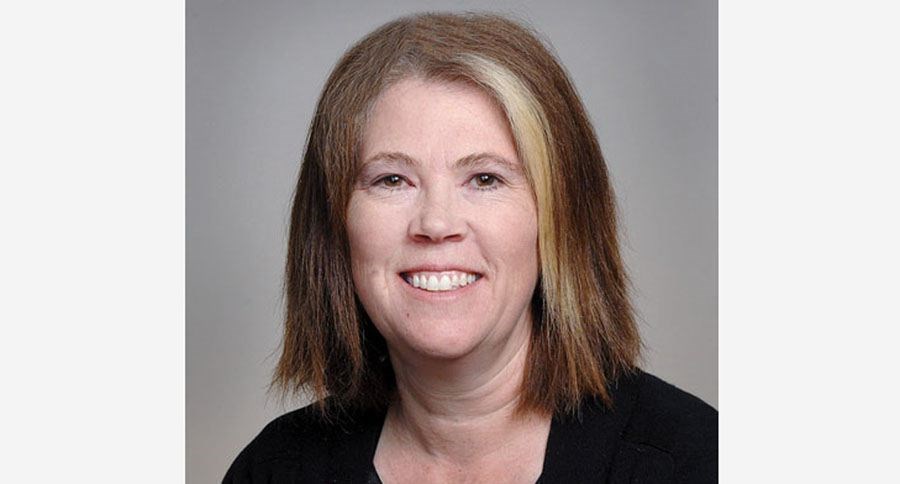I was sitting at Starbucks on Thursday morning with a dear colleague. I expect she could see the strain on my face as I said that I was headed up to work to write my column. She knew right away that I would, of course, be writing about Wednesday's events in Ottawa. "I hope you write about all the things we should not do in response to this tragedy," she said.
That was my thought exactly.
I had heard about what was happening as I was driving into work on Wednesday. CNN was covering the events and the drama of the lockdown was embellished with the words like "terrorism" and "Islam" over about the 20 minutes that I listened before parking my car and hurrying up to my office. From then on I followed a host of media outlets including the CBC and I checked my Facebook too.
My heart broke when it was announced that Cpl. Nathan Cirillo had died.
The rest of the day was a waiting game filled with the usual impossibility of a 24 hour news cycle. What are the reporters supposed to say? "We don't really know anything but we can say this..." "We aren't sure if this is terror so we shouldn't speculate...." "We don't know how many shooting incidents there were but we hear that..." Our need to know right now leads to hours of anchorperson angst as they try to fill the time with something to appease our need for immediate assurance that things are under control. There has been considerable coverage of the way that the story was presented in Canada versus in U.S. I saw repeated praise for Peter Mansbridge and his "level headed" reporting. The comparison between coverage will be important in our future analysis of this crisis.
We held our collective breath for a long time on Wednesday and I can't imagine the fear that many in Ottawa felt.
While I was listening to the coverage I learned that soldiers stand at the War Memorial because, some years ago, some young men posted pictures of themselves on social media urinating on the monument. Our collective outrage at this "attack" prompted the daily vigil of two soldiers standing, head bowed, to protect against such ugly defamation. One Facebook posting I noted read: "...someone suggested there should be a statue of Nathan [Cirillo] placed next to the grave of the Unknown Soldier titled 'eternal guardian' as a monument to our soldiers who have died on home soil!..." I hope that this idea goes viral.
On Thursday morning, I awoke to the solidarity of our parliamentarians reminding us that we might oppose each other over ideas of what good government should look like but that we all agree that we believe in good government. Cpl. Nathan Cirillo died defending the memory of those who fought for "peace, order and good government" and for liberty and freedom from tyranny. After the tears and tributes there will be analysis and there will be politics. In both cases we will likely see the usual responses. There will be responses that are shaped by ideology and there will be deeply divisive ideas about the role of the state. That, of course, is the gift of democracy.
What we should not do is to become fearful of our neighbours. We should not allow the rhetoric of terror to shape our response to the wonderfully diverse nature of the Canadian state and the treasured nature of our open public spaces. And I am not sure that we should accept the premise that "Canada has changed forever." Canada has surely been wounded but it will only change if we let it change.
Our response will require an even stronger dedication to our citizenship. The Charter balances the rights of individuals with the needs of the larger collective. Our duty is make sure that everyone feels that they can live in this democracy and that they can share in the collective advantages of nationhood. We have seen what happens when individuals feel disenfranchised.
Over the next few weeks I am sure there will be more to say on the political response. Today, let me just say, "Rest in peace, Nathan Cirillo."



